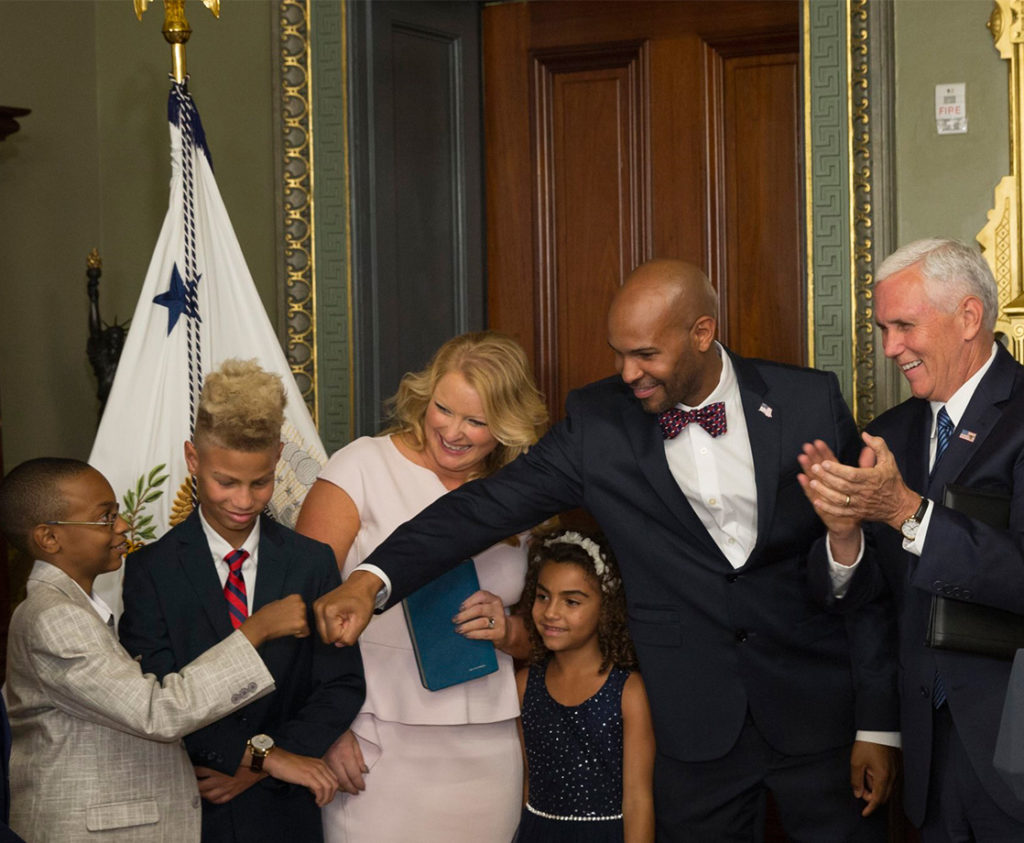Today, Jan. 4, 2018 – just four days after recreational cannabis became legal in California – Attorney General Jeff Sessions rescinded the long-standing “Cole Memorandum” issued in 2013 by Deputy Attorney General James M. Cole. The Cole Memorandum established internal “enforcement priorities” within the Department of Justice and was the sole policy protecting recreational cannabis from federal prosecution. The decision deals a significant setback to the recreational cannabis industry nationwide while medical cannabis remains protected by other legislation.
Under the Cole Memorandum, the DOJ stated it would not prosecute individuals and companies complying with robust and well-enforced state legalization programs. The DOJ would, instead, focus its cannabis-related enforcement activities and prosecution on eight categories of activities outside of state-legal programs:
- Distribution of marijuana to minors
- Marijuana proceeds funding criminal enterprises
- Transport of marijuana to other states
- Trafficking of other illegal drugs or illegal activity
- Violence and the use of firearms
- Drugged driving and other adverse public health consequences
- Growing marijuana on public lands
- Marijuana possession on federal property
In rescinding the Cole Memorandum, Sessions issued his own memorandum and stated:
“In deciding which marijuana activities to prosecute under these laws with the Department’s finite resources, prosecutors should follow the well-established principles that govern all federal prosecutions. . . . Given the Department’s well-established general principles, nationwide guidance specific to marijuana enforcement is unnecessary and is rescinded, effective immediately.”
He further went on to say: “Therefore, today’s memo on federal marijuana enforcement simply directs all U.S. Attorneys to use previously established prosecutorial principles that provide them all the necessary tools to disrupt criminal organizations, tackle the growing drug crisis, and thwart violent crime across our country.”
Sessions’ statement specifically called out previous memoranda dealing with cannabis enforcement, including the Ogden Memo of 2009, the Cole Memorandum and several supplemental memoranda published by Cole, including a 2014 memorandum addressing marijuana and financial crimes and a 2014 memorandum addressing “marijuana in Indian Country.” Each of these memoranda took the same principles of the Cole memorandum and applied them in different contexts. The purpose of Sessions’ memorandum is clearly to rescind all of these memoranda and apply the same standard for prosecution to cannabis cases as is applied to all other matters before the DOJ.
As of this action by Sessions, uncertainty for recreational cannabis is a reality. Sessions has clearly signaled that prosecution for cannabis-related activities will be left to the discretion of the U.S. attorneys in each region. This means that there can be disparity between states depending on how this discretion is exercised.
Without the Cole Memorandum, the only protection the cannabis industry has against DOJ prosecutions is the Rohrabacher-Blumenauer Amendment to the annual appropriations bill which only protects medical cannabis – not recreational. The 2017 Bill contained the following version of the Amendment:
None of the funds made available in this Act to the Department of Justice may be used, with respect to any of the States of Alabama, Alaska, Arkansas, Arizona, California, Colorado, Connecticut, Delaware, Florida, Georgia, Hawaii, Illinois, Iowa, Kentucky, Louisiana, Maine, Maryland, Massachusetts, Michigan, Minnesota, Mississippi, Missouri, Montana, Nevada, New Hampshire, New Jersey, New Mexico, New York, North Carolina, Ohio, Oklahoma, Oregon, Pennsylvania, Rhode Island, South Carolina, Tennessee, Texas, Utah, Vermont, Virginia, Washington, West Virginia, Wisconsin, and Wyoming, or with respect to the District of Columbia, Guam, or Puerto Rico, to prevent any of them from implementing their own laws that authorize the use, distribution, possession, or cultivation of medical marijuana.
In order for the Rohrabacher-Blumenauer Amendment to remain in effect, it must be included in every subsequent spending appropriations bill providing funds to the DOJ. Sessions has already asked Congress to remove the amendment from the 2018 spending bill, the deadline for which has been extended several times, most recently to Jan. 19, 2018.
To reiterate, there is an important difference between the Cole Memorandum and the Rohrabacher-Blumenauer Amendment: The Rohrabacher-Blumenauer Amendment applies only to medical cannabis while the Cole Memorandum did not distinguish between the two. As a result, the end of the Cole Memorandum means recreational cannabis industries in states where it is legal (including Alaska, California, Colorado, Maine, Massachusetts, Nevada, Oregon, Washington, and Washington D.C.) now face the potential for federal prosecution. Medical cannabis programs would remain protected by the Rohrabacher-Blumenauer Amendment’s spending limitations.
An alternative to extending protection to the legal cannabis industry in the U.S. is the re-classification of cannabis from Schedule I of the Controlled Substances Act. However, an effort by several members of Congress in 2016 to convince the DEA to reschedule failed in large part due to the FDA’s opinion that there was insufficient clinical evidence to support reclassification or de-scheduling.
As a result, the cannabis industry will need to re-adjust its expectations regarding DOJ enforcement of the CSA against companies operating under legalized recreational cannabis programs and pay close attention to the 2018 appropriations bill to determine any impact on the medical cannabis industry.
If you or your company have any questions about the impact these actions may have on your business, please reach out to one of our cannabis industry team members. We have attorneys with experience working with the cannabis industry, federal enforcement actions, and the FDA that would be happy to assist you.
credit:thompsoncoburn.com












